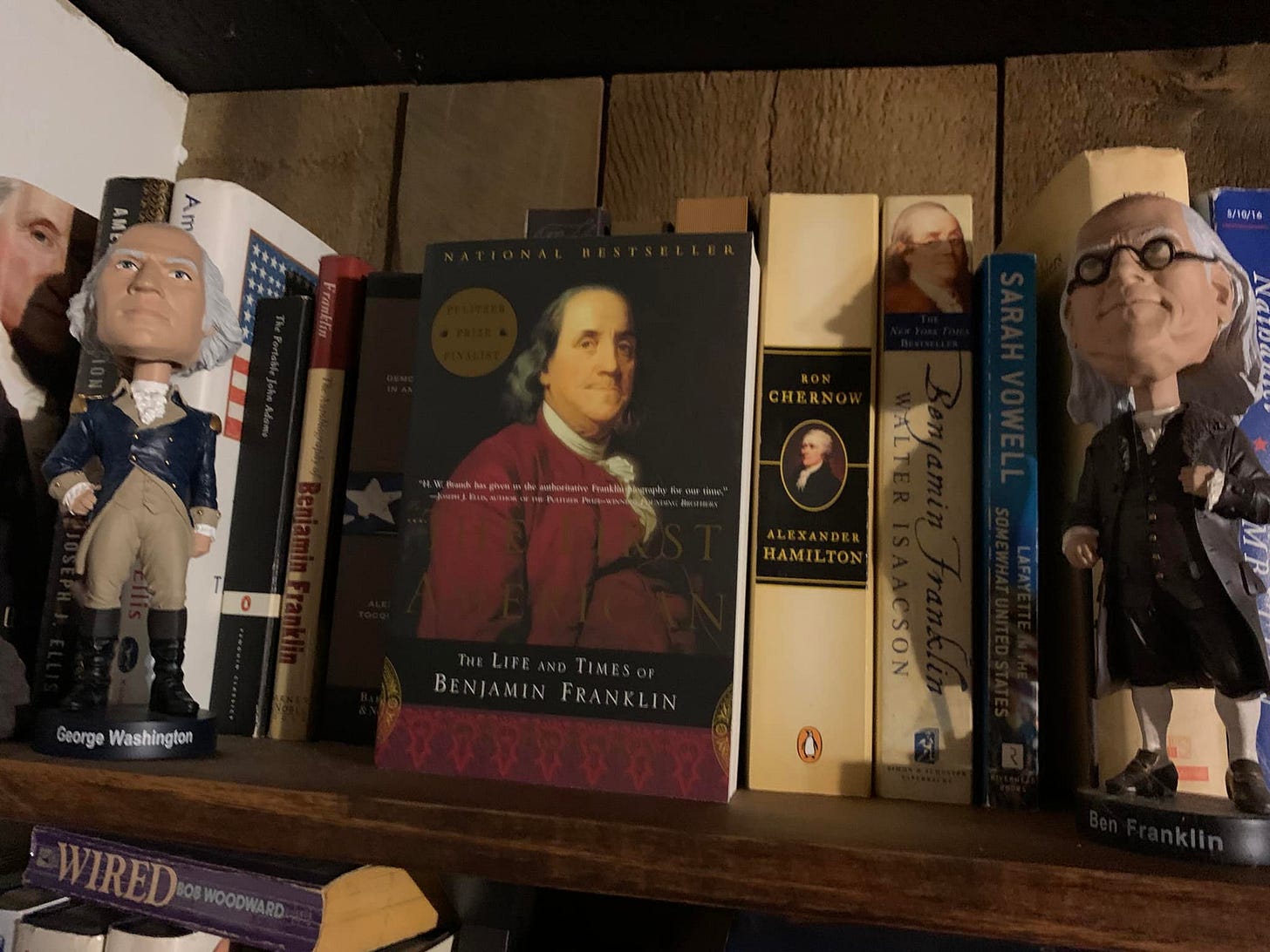Getting Summers Off
It Might Not Seem That Way for New Teachers Who Face a Grueling Grind the First Few Years
It’s not breaking news that you have to put in a ton of work during the early portion of your career. I knew that when I switched careers.
I remembered what it was like in the early days of my first career. As a cub reporter, I earned $9 an hour. In 2003. I have no idea how I was able to afford my $375 a month apartment. I worked nearly every weekend. Nights. Put in 50 and 60 hours and got maybe one hour of overtime for my hustle. (Non-union newspapers are brutal).
You could argue those first few years weed out the weak. I definitely saw that. When I earned a promotion at one paper, my replacement quit within a month because he didn’t want to work nights and weekends. He was a sports reporter. How he made it through college without realizing sports occur on nights and weekends, I’ll never know.
So I knew the early going as a teacher was going to suck. I understood that people have to grow into their jobs. I wouldn’t know all the tricks to classroom management.
I knew there would be a struggle.
What I wasn’t prepared for was a summer struggle.
Oh, yeah, it must be so tough having summers off.
Oh, no, dear reader, I totally get that summer is a huge draw to teachers in states like Pennsylvania where you have 8 weeks or so off.
Summers are great.
Do you know what I’d give for summers off?
Probably a lot. I’m not asking for any sympathy here. I just want to give non-teachers a chance to see something about those first years.
Like any job, you’re learning more about yourself than anything else. What you’re capable and incapable of. How you deal with stress. How you adapt.
The problem is you have to do that while you’re teaching.
Here’s some real talk. My experience as a teacher might stand out a bit because I’m coming from a different field so late in life (I was 40 my first full year teaching), but my experience of what happens to teachers is pretty uniform.
I was officially hired and in front of students within 10 days.
Yeah, that’s what happens when people get hired. They have to do their job.
True. But I didn’t know *what* I’d be teaching. Sure, I knew I was teaching English. But I didn’t know which grades. That means, I didn’t know what books, short stories, poems, essays I would have to teach.
Now, I was lucky in that I had a great support system among the teachers in my building. Really. About 15 people took me under their wings.
But I wasn’t lucky in that I was going to have to teach three different grades: Freshmen English, Junior English, and Senior English.
Freshmen English is all the fun stuff everyone remembers: “The Odyssey,” “The Necklace,” “The Most Dangerous Game,” “Letter From a Birmingham Jail,” “To Kill a Mockingbird.”
Junior English is American Lit. I’m not gonna lie, I could basically roll out of bed and tackle that one. The Founding Fathers. My bookshelf is littered with books by and about them. The Civil Rights writers. Same.
Senior English is Shakespeare and all that British drudgery. Oh sure, I liked Dickens and Beowulf. I even got into “Sir Gawain and the Green Knight.” But “The Wanderer” and “The Wife’s Lament.” Light me on fire and let clowns dance around the blaze.
But that meant I had to read all of that stuff again. I had to be ahead of the students. I wasn’t always when it came to the seniors.
So, when the schoolyear ended, I set up lesson plans. Oh, sure, I had days off. But I wrote lesson plans every day that summer. I had almost the whole year planned out.
The kids who had me that second year were going to get a much better teacher than that first year buffoon.
That is, until I got a phone call from Molly.
Another administrator told her I was being moved. She and I checked, and I was.
That was just a few weeks before school.
Last year, my second full year teaching, was spent mostly with seventh and eighth graders. It was incredibly rewarding, but I was nowhere near the teacher I could have been fore them.
When school ended, I took two weeks off. That was basically my vacation. Since then, I’ve been working on lesson plans. Sure, I’m not spending eight hours a day doing that. But it’s probably a solid 15-18 hours a week.
But getting that done, is going to make this year smoother for me.
My friend Greg is one of the most respected teachers I know. He regularly says the first years are crucial. You’re going to spend more time getting ready than you do at any other time.
He promised me it will pay off. I know from my experience as a journalist he’s right.
The early part of your career is never easy.
Being in my 40s might make me a bit more tired. But I think it’s making it slightly easier. Coming home to my wife and kids forces me to keep things in perspective. Knowing that I can grow keeps me sane.
Well, as sane as I can be as I try to come up with lesson plans for compound complex sentences and “Flowers for Algernon.”




